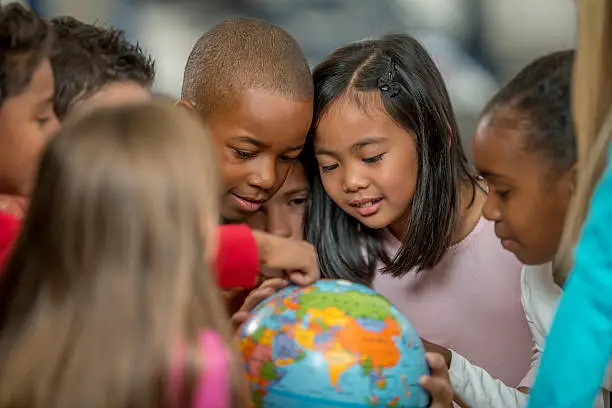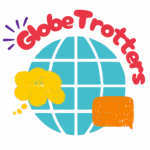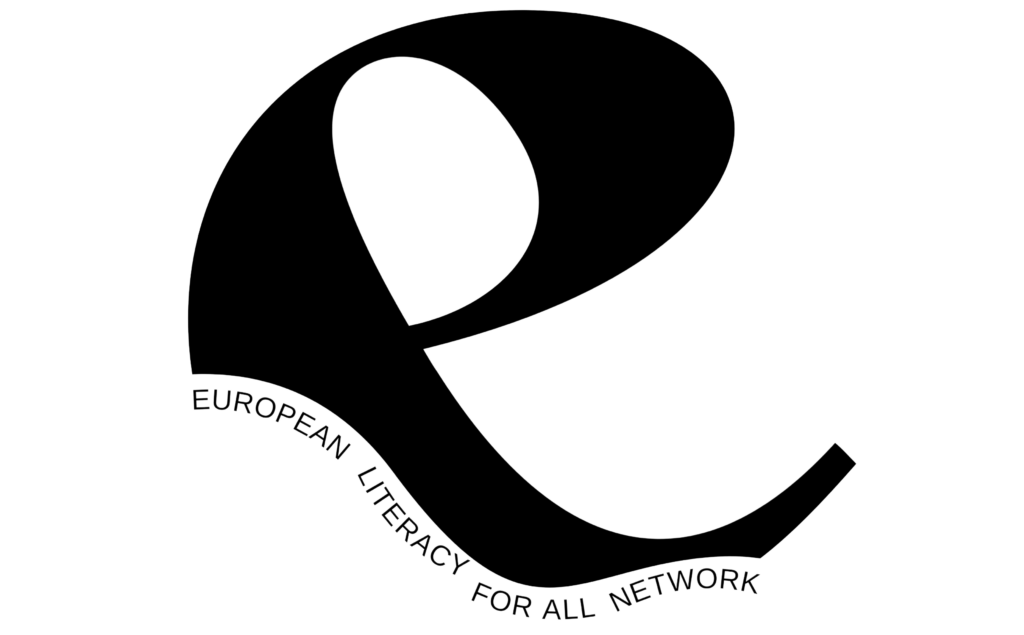Strengthening Literacy Through Language and Culture in Primary Education
Language learning is much more than mastering grammar rules and vocabulary—it is a gateway to new worlds. In the context of primary education, early exposure to different languages and cultures helps children to become more open-minded, empathetic, and curious about the world beyond their own environment.
Developing reading, writing, listening, and speaking skills in any language strengthens a child’s overall literacy skills and ability to communicate and understand others.
Moreover, cultural exploration—when paired with structured literacy activities—provides children with authentic and meaningful contexts in which to practise and develop these skills.
Yet, despite its importance, many young learners find language learning disconnected from their reality. It is often presented as an academic subject rather than a lived experience. This gap can affect motivation, especially among pupils with learning difficulties, who may struggle with abstract memorisation or traditional methods.
To address this challenge, an exciting new project has emerged—Globetrotters, a European project that introduces an interactive approach that connects language learning with cultural discovery.
This project will provide young students with innovative ways to experience languages, making learning more immersive and playful.

Globetrotters will introduce primary school students to diverse languages and cultures in an interactive way. This project intends to:
- Develop engaging lessons and guides filled with cultural and linguistic materials,
- Create a gamified platform to enhance learning through storytelling and digital exploration,
- Train educators on innovative teaching methods, giving them tools to make language learning more enjoyable and accessible,
- Involve parents, extending language education beyond the classroom.
By incorporating fictional characters and digital journeys across various countries, Globetrotters will transform language learning from a classroom assignment into an exciting adventure.
The project’s goal is to improve language skills and cultural awareness among young students. It aims to:
- Strengthen intercultural competencies,
- Improve students’ motivation for language learning,
- Provide teachers with development opportunities and modern resources.
Globetrotters is ready to transform the way children experience languages, thanks to diverse partners who bring expertise in language learning, digital education, and intercultural exchange.
Check the project website to know more about it: globetrottersproject.eu

